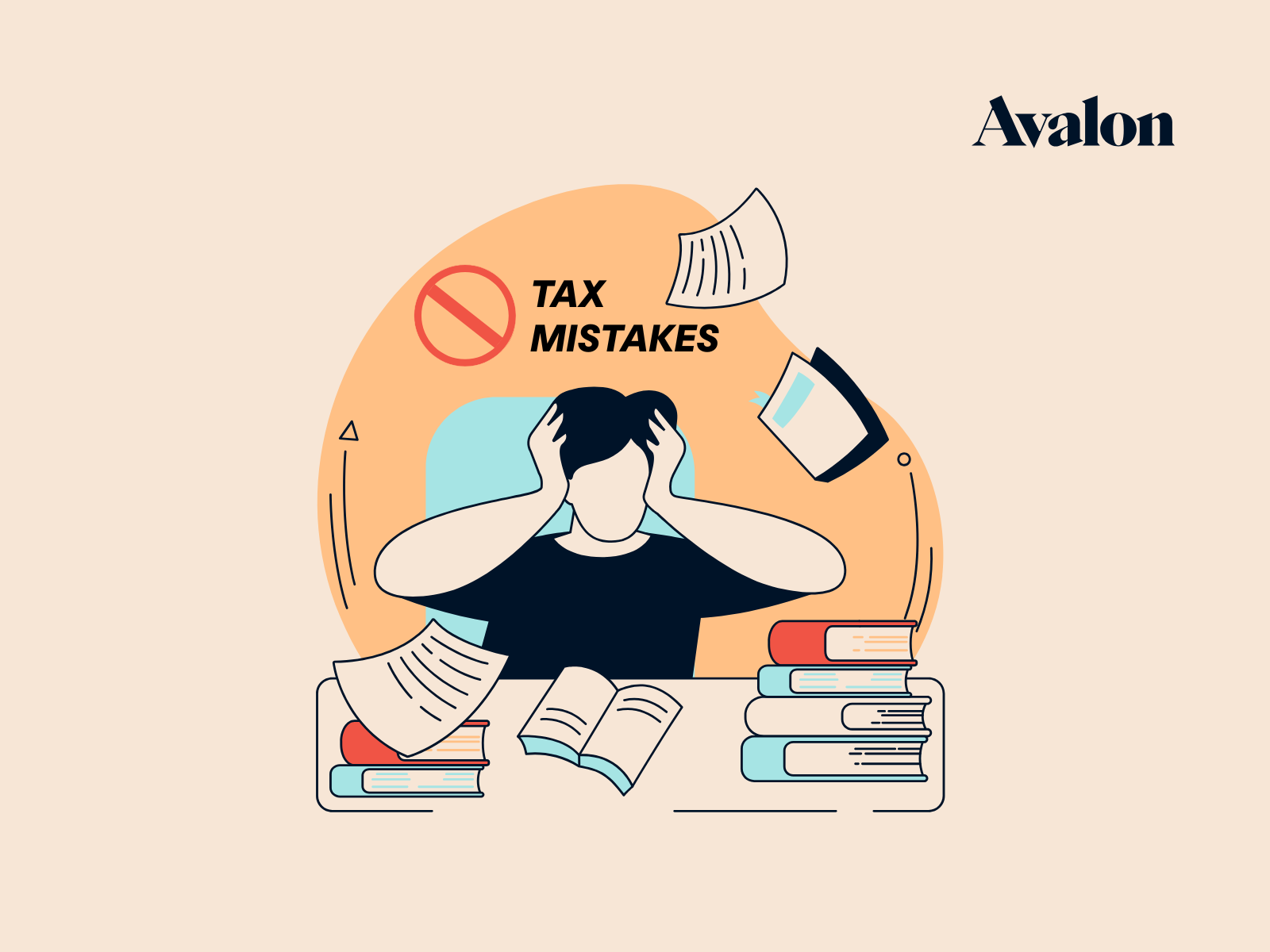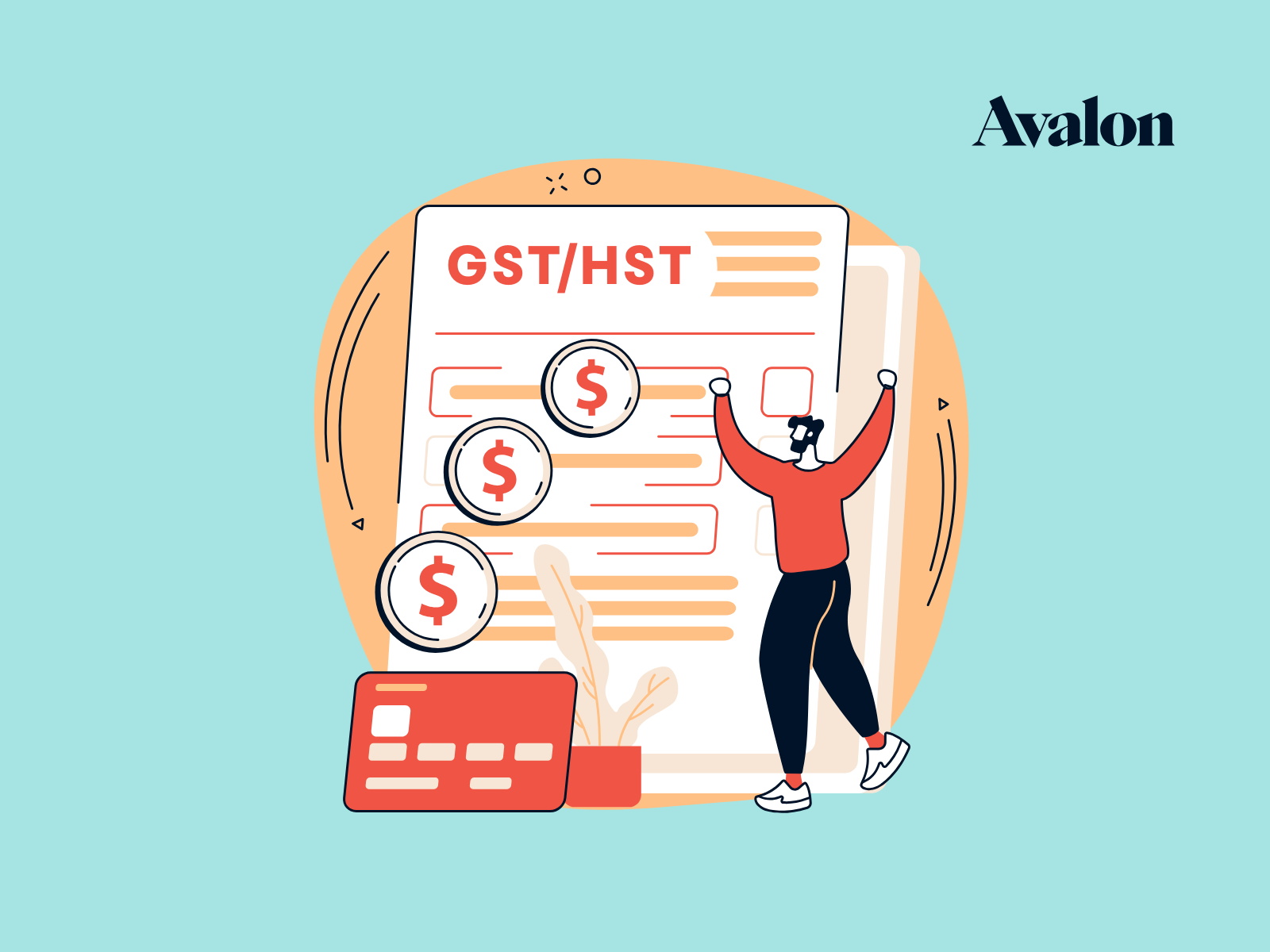How to Read A Pay Stub
Whether you're hiring employees or you are one yourself, there’s a small but important piece of paper you’ll want to know about - the pay stub. It breaks down the specifics of employment earnings and the various deductions that are withheld from an employee’s pay.
While the numbers and jargon might seem a bit confusing at first, there's no need to stress. This article will be your guide to understanding the key components of a Canadian pay stub.
And you can also click the video below 👇 if you'd rather watch Joe explain it.
Pay Stub vs Pay Cheque: What's the Difference?
First let’s clarify the difference between a pay stub and your pay cheque.
Pay Stub - The Blueprint of Your Earnings
A pay stub is essentially a financial document that breaks down your earnings and deductions for a specific pay period. It shows you the nuts and bolts of how your total pay is calculated.
Whether you're paid by cheque, direct deposit, or even in cash, you should receive a pay stub for every payment you receive.
This document is your go-to source for understanding:
- Where your money comes from - including base pay, overtime, and any bonuses or commissions.
- Where your money goes - through various deductions like taxes and contributions to different funds or insurance plans.
Pay Cheque - The Actual Money
Your pay cheque, on the other hand, is the physical or digital payment you receive.
When deposited, the amount should correspond to the "Net Pay" section on your pay stub, meaning it's what you actually take home after all deductions are made.
While the pay cheque is what you deposit into your bank account, it doesn't usually give you all the detailed information found on your pay stub.
Components of a Pay Stub
Next up let’s break down the sometimes confusing information that shows up on your pay stub.

Employer and Employee Identification - Who You Are and Where You Work
Understanding your pay stub starts with recognizing the players involved.
- Employer's Name - Pretty straightforward, this is the name of the company that employs you.
- Employee's Name - That's you! Both your first and last name should appear here.
- Payment Date - The date you were paid.
- Work Period - The range of dates that this payment covers, often a two-week period.
Salary Information - What You Earn
Here’s where you can see the breakdown of how much you’ve earned.
- Normal Hours Paid -Number of hours you worked at your standard rate.
- Overtime Paid - Extra money earned from working more than the standard workweek if applicable.
- Vacation Pay or Accrued Vacation - Vacation pay can either be paid out each period or accrued to be taken at a later date.
- Bonuses and More - Any extra earnings like commissions, bonuses, or allowances.
- Hourly Rate or Annual Salary -Your pay per hour or annual salary.
- Gross Pay - Your total earnings before deductions.
- Net Pay - What you actually take home after all deductions.
- Tips: If applicable, the tips you declared or that were provided by your employer.
You will see amounts for the current pay period as well as a column that adds up your year-to-date amounts.
Vacation Pay
We'll elaborate a bit more on vacation pay as it can be confusing.
You may also notice a line for vacation pay on your pay stub. In Canada, vacation pay can either be:
- Paid Out Each Pay Period - Some employers include this as part of your regular pay. This is most common for employees paid hourly.
- Accrued - In other cases, this amount accumulates over time and you can use it when you actually go on vacation to take paid time off. This is most common for salaried employees.
The minimum amount of vacation pay is typically 4% but can also depend on which province or territory you're located in. Check out our guide to vacation pay and stat holidays to learn more about vacation pay in your location.
Vacation pay is an important part of employee compensation. Whether you're planning a getaway or saving for a rainy day, this is your money, and it’s important to know when and how you're receiving it.
Deductions - Amounts Withheld from Your Pay Cheque
After your income information, you’ll typically see a list of deductions that have been withheld from your pay.
Some deductions like income taxes are mandatory, while others depend on your employment situation. Here is a list of common deductions you may see on your pay stub.
- Federal and Provincial Income Tax - The amount of income tax deducted for both federal and provincial governments.
- Employment Insurance (EI) - A mandatory deduction that goes into a fund to support you if you lose your job.
- Canada Pension Plan (CPP) - Your contribution to the national pension scheme, which you'll benefit from once you're of retirement age.
- Quebec Pension Plan (QPP) - Similar to CPP but specific to those employed in Quebec.
- Company Pension Plan - If your employer offers a pension plan, your contribution will be listed here.
- Medical and Health Benefits Deductions - This is the portion you contribute to your employer-sponsored medical and health plans.
- Union Dues - If you’re a member of a union, these are the fees you pay for that membership.
Review and Keep Your Pay Stubs
Your pay stub is more than just a piece of paper or digital document to be recycled; it's a snapshot of your employment earnings and deductions.
It’s important to review your pay stub for each pay period as mistakes happen and they may not be corrected unless you find them.
It’s also a good idea to hang on to your pay stubs (preferably in digital format). There are common situations where you will want a copy of your most recent pay stub such as when you’re applying for a mortgage.
Hopefully this article has demystified some of the confusing information on your pay stubs.
Whether you're new to the Canadian job market or a seasoned pro, understanding and saving your pay stubs ensures you're well-informed and have your pay records handy should you need them.












